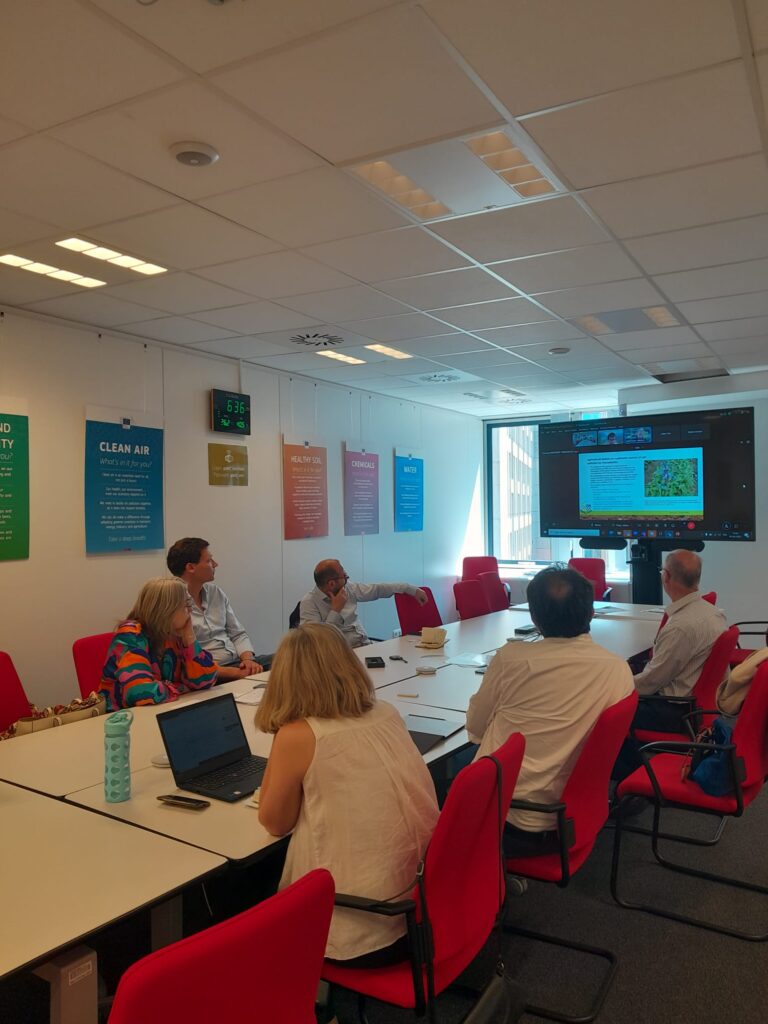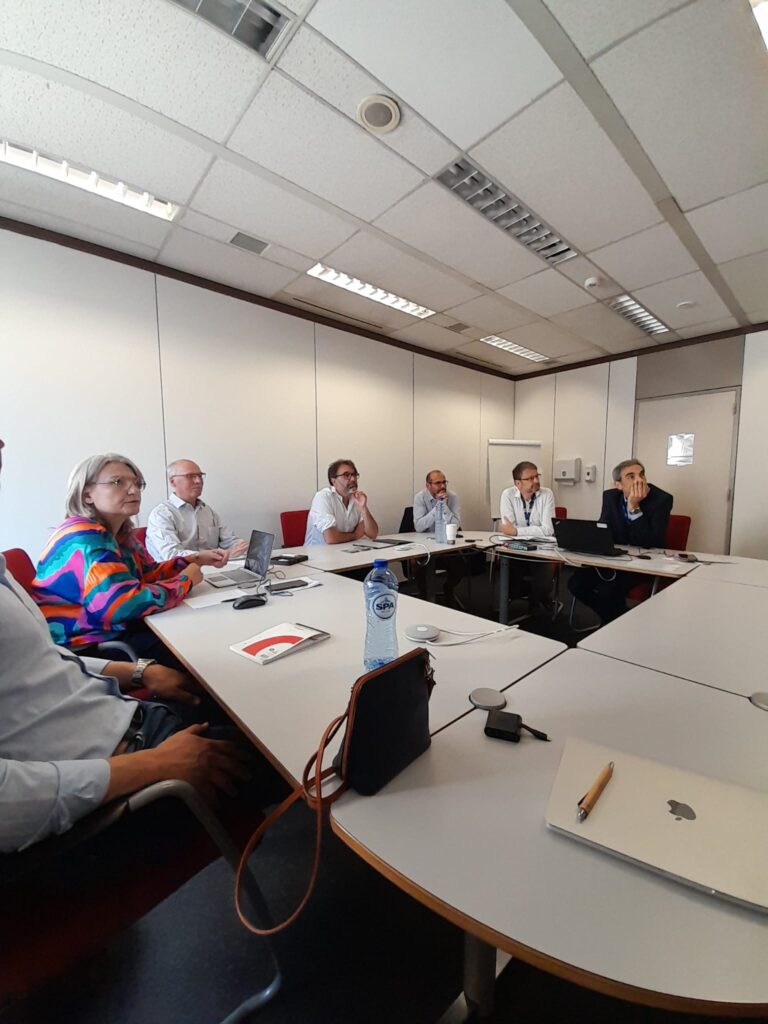
Our PAPILLONS H2020 project is aiming to fill up the gap of knowledge concerning Agricultural Plastic usage in agricultural soils and the impacts that pollution derived from the fragmentation of these product can cause to the soil environment. Since the beginning of the project, the consortium knew that there was a urge to create knowledge and data to address these gaps.
PAPILLONS’ research team has been conducting a series of studies both on the effects of micro and nanoplastics from non-biodegradable and biodegradable plastics on soil ecosystems.
On June 9th, 2023, PAPILLONS representatives had the opportunity to discuss and present some of the preliminary results obtained to the European Commission, specifically DG Agriculture and Rural and DG Environment. These meetings took place with the participation as well of the Food and Agriculture Organization of the United Nations.

A key message brought forward to the European Commission is that microplastics are the most conspicuous and abundant anthropogenic contaminants of soils. They are ubiquitous with levels ranging from few mg to few grams per kg of soil. The results disclosed will be published in a special issue of the the international scientific journal Science of the Total Environments in the next few months.
PAPILLONS researchers stress the importance of consolidating knowledge that help understanding the risk posed by micro and nanoplastic in soils, and especially those derived from agricultural plastics due to use or waste mismanagement.
